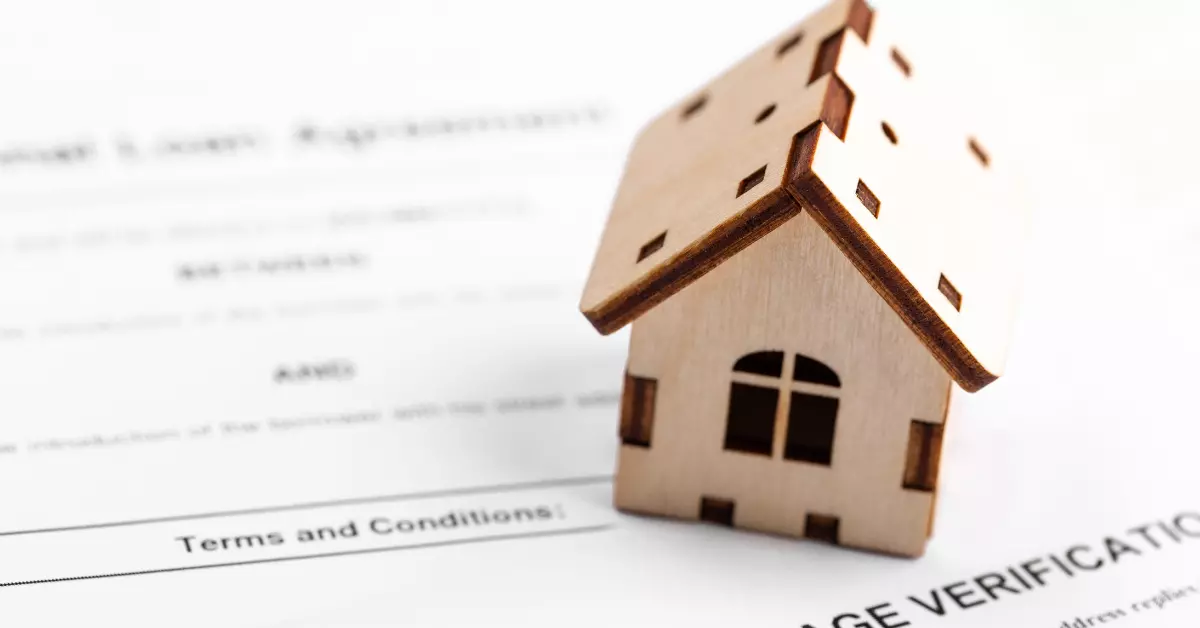Landlord-tenant laws vary by state, but tenants are typically required to give a notice of 30 to 60 days before moving out. When it comes to giving notice, always check the lease agreement to see if there are any specific requirements.
However, the length of notice required may vary depending on state law, lease agreement, and other factors.
This article will discuss how much notice to give a landlord, what should be included in the notice, and some tips for delivering the notice in a professional and respectful manner.
When you plan to vacate a rented property, you need to inform your landlord in advance by providing a notice period.
The notice period is the minimum period you need to give your landlord before you move out of the property.

Legal Requirements For The Notice Period
To safeguard tenants’ rights, states have set legal requirements for the notice period. A tenant should abide by the notice period mentioned in the tenancy agreement.
If there is no agreement, the tenant must follow the legal guidelines set by the state law.
The notice period varies from state to state, and you need to ensure that you follow the specific rules and regulations in your jurisdiction.
Different Types Of Notice Periods
There are two types of notice periods; fixed-term tenancy and periodic tenancy. In a fixed-term tenancy agreement, the tenant stays in the property for a fixed period, usually six or twelve months, and vacates the property when the term ends.
In this scenario, the tenant needs to provide a notice period of 30 days before the end of the fixed term.
On the other hand, periodic tenancy occurs when the tenant continues to live in the property after the end of a fixed term without renewing it.
In this case, the notice period is usually a month, which means you need to provide a notice of 30 days before moving out of the property.

Exceptions To The Standard Notice Period
In some cases, the notice period may differ from standard notice periods. For example, if you are experiencing financial hardship, you may be allowed to reduce your notice period.
In some circumstances, your landlord may allow you to vacate the property without providing any notice period.
However, these exceptions require your landlord’s agreement and should be agreed upon in writing.
Furthermore, in some situations, if you violate specific terms of the rental agreement, the landlord may pursue legal action, and you may be required to vacate the property immediately.
Remember that it is always better to provide a notice period than not to provide one at all.
How To Give Notice To Your Landlord
If you’re planning to move out of your rental home, you must provide your landlord with notice.
Giving reasonable notice prepares your landlord for your departure and allows them adequate time to find a replacement tenant. But how should you give notice?
Below is a breakdown of everything you need to know.

What Format To Use
When giving notice, it’s essential to put it in writing. A written notice provides a clear record of the date, time, and contents of the notice and avoids confusion or misunderstandings. Here are the formats commonly used:
- Send a certified letter that requires a signature upon receipt.
- Email your landlord and request a return receipt.
- Hand-deliver your written notice.
What Information To Include
Your notice should contain specific information, such as:
- Your intended date of departure from the rental property.
- Your forwarding address and phone number where the landlord can reach you.
- The reason for the termination of the lease, if required.
If your lease agreement has specific requirements for notice, such as written notice periods or requirements for specific content, make sure to follow those as well.
How To Deliver The Notice
Once you have written your notice and included all the necessary information, it’s critical to consider how to deliver it to your landlord. Here are some options:
- Deliver it in person and request a signed copy from your landlord.
- Use certified mail, addressed to your landlord, to ensure that your notice is received.
- Submit a copy of the notice through email and request a read receipt.
Frequently Asked Questions Of How Much Notice To Give A Landlord?
How Much Notice Should I Give My Landlord Before Moving Out?
It is recommended to provide at least 30 days written notice before moving out to your landlord.
Can I Give Less Than 30 Days’ Notice If I Need To Move Out Immediately?
You may be required to pay additional rent or forfeit your security deposit if you do not provide sufficient notice to your landlord.
What Happens If I Do Not Give Any Notice Before Moving Out?
Your landlord may pursue legal action to recover any unpaid rent or damages to the property caused by your sudden departure.
What Should I Include In My Notice To My Landlord?
Your notice should state your intention to move out, the date of your departure, and your new mailing address so your landlord can forward your security deposit or any other relevant communications.
Conclusion
Knowing your lease agreement inside out empowers you. So, when it’s time to move, you’re well-versed in how much notice to give your landlord.
Navigate this change smoothly by adhering to the standard 30-day rule or your specific lease requirements.
Reference
https://dcba.lacounty.gov/portfolio/written-notices-from-your-landlord/
